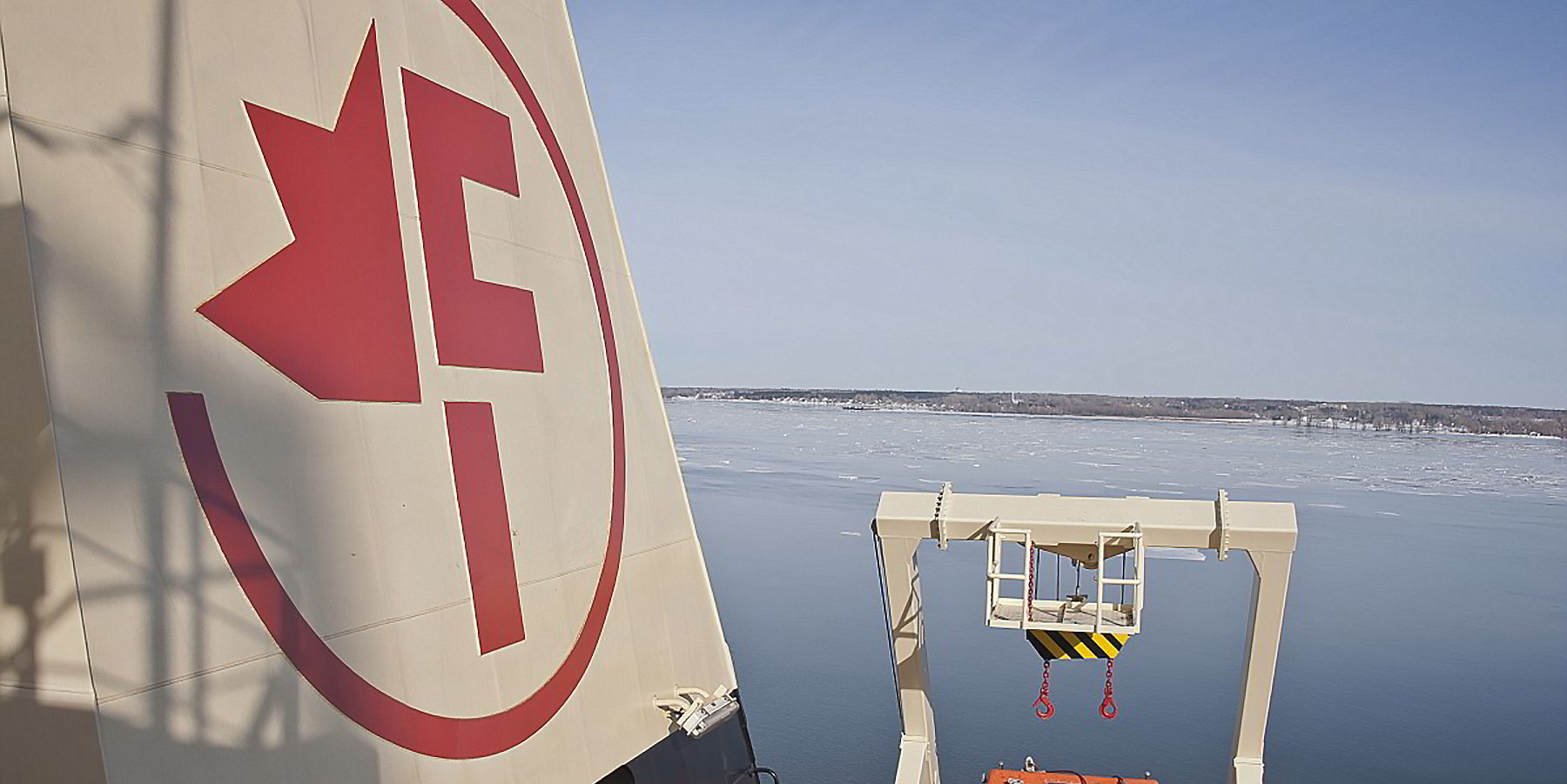Canadian and European shipowners that are suing the US Coast Guard (USCG) over fees for piloting ships on the Great Lakes says the USCG is turning a blind eye to a de-facto monopoly among pilots groups in the region. That market power increasingly makes shipping through the region uncompetitive.
The plaintiffs, which include Canada’s Fednav International and Canfornav, Sweden’s Borchart, Poland's Polsteam, and shipmanagers Spliethoff Transport and Wagenborg Shipping, made the new allegations in a response to the USCG's move to have the suit dismissed.
Three associations, each serving a specified district, pilot ships that transit the US Great Lakes Systems and St Lawrence Waterway. The suit, which is joined by the American Great Lakes Ports Association, says there are no competitive options for shipowners other than three groups.
While there are US government-approved monopolies for other services such as utilities, the suit says the USCG is not providing the same kind of oversight of the rates that pilots request as compared to oversight of other regulated monopolies.
The plaintiffs say the ever increasing fees stem from "the general passivity, lack of inquiry, and institutional unwillingness of the Coast Guard to exert the kind of 'extensive oversight' into all aspects of the pilotage monopoly of the Great Lakes."
$326,000 for nine months of work
Steve Fisher, executive director of the American Great Lakes Ports Association, says his group is targeting both previous pilotage fee increases as well as for 2017. This year, pilotage fees rose 24% after a 20% increase in 2015.
The USCG is seeking another 14% increase in fees for 2017.
In seeking a rate increase for the pilots association, the USCG cited retention issues for bringing pilots salaries up to about $326,000 over the course of the nine-month shipping season on the Great Lakes system. The USCG said some 31 pilots have left the job over the past 11 years.
But the plaintiffs take issue with the lack of evidence supporting the fact that salaries were the main reason pilots left the job. The issue of retention, the plaintiffs allege, was "based entirely on anecdotal comments from pilots (and), was not based on any empirical data."
A representative of the USCG and pilots associations was unavailable to comment by presstime.
Fisher says a decision in the matter could come in May after the USCG files a reply to the plaintiffs and oral arguments before a judge.



